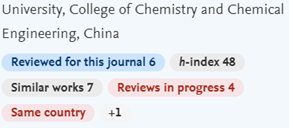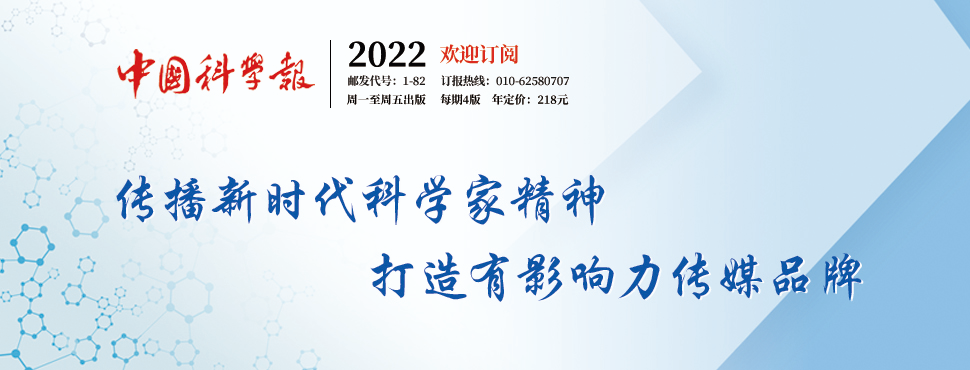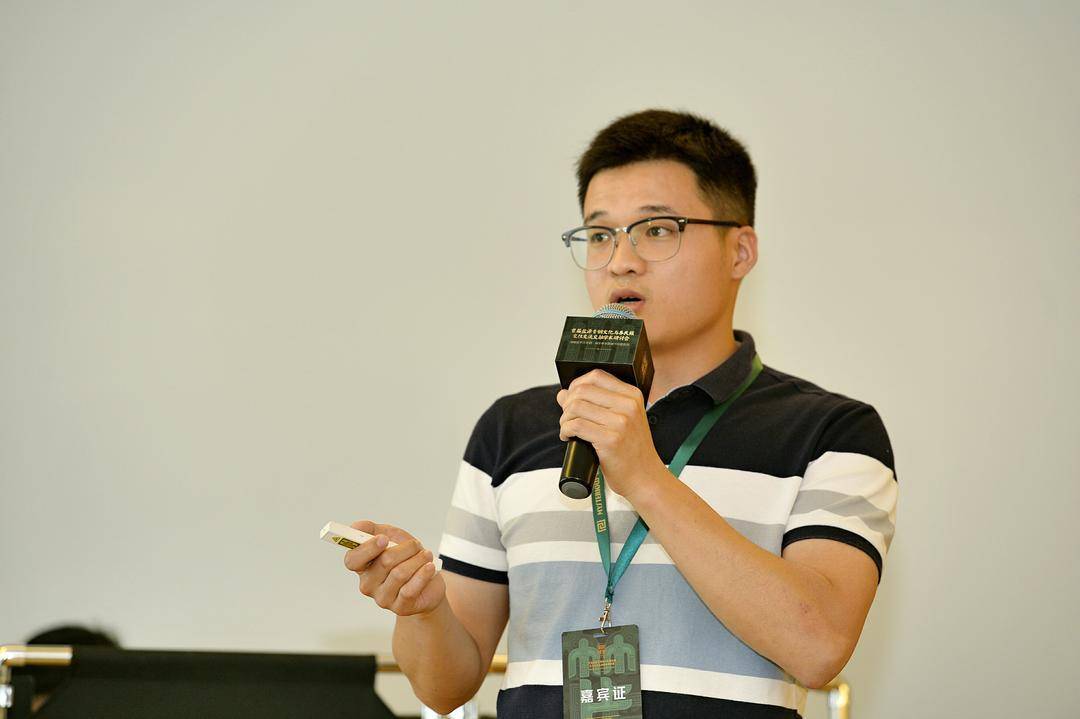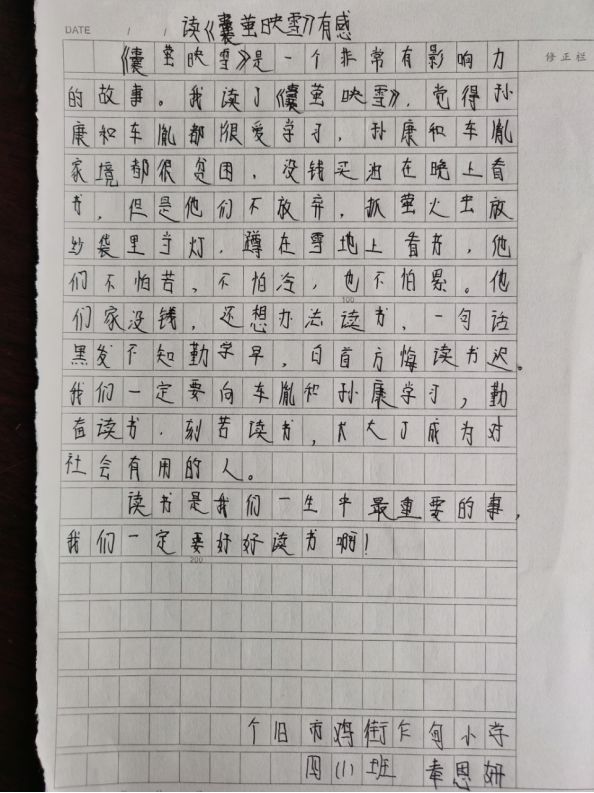Why do the journal let the author recommend the reviewer?
Author:Scientific network Time:2022.06.13
Wen | Harbin Institute of Technology (Shenzhen) Professor Chen Baiyang
Originally, the title of this article wanted to write "my approval method and principles", but recently scientific network posts have asked this question: "Why should the editorial department let the author recommend the reviewer?" From this, I feel that the communication between the author and the journal editor It may not be enough to understand each other. Therefore, from the perspective of journal editing, I am talking about my views on this matter and the practice of finding the reviewer. I hope everyone criticizes correction.
First of all, the purpose of the journal to recommend the reviewer is to observe the author's understanding of the leaders in the field. It has the meaning of "Chen Jinnan does not see Chen Jinnan in his life.
If an author does not understand the cattle in the art at all, how can he know the hot spots or priorities of the field? How can we make a good study for senior colleagues? Sometimes I see some authors recommending people who are not small colleagues as reviewers. This is not the past.
Secondly, this approach can help the editor understand the professionalism of the cast.
It stands to reason that the author should dare and generously hand over his works to the best in the field, instead of wanting to pass the barrier. If the author knows and deliberately does not recommend the appropriate reviewer, his academic character and the quality of the work are doubtful.
For example, I have seen many authors listed multiple people in the same province as reviewers. This situation is difficult to believe that the author's professional standard. Another situation is that the mailbox of the recommended experts cannot find the person's official website address through the Internet, which shows that the owner of the mailbox is likely to be only a postdoctoral, temporary visiting scholars, and even visiting students (these people have foreign mailboxes), It can also suggest that the contribution is suspected of speculative.
Of course, some people must ask: "Editor cannot understand in every segment area, so how can they judge whether the recommended person is Chen Jinnan?"
This involves the use of the journal database.
In fact, big publishing houses have their huge articles and authors databases! It will find out the most related articles of manuscript according to the title and keywords of the journal. According to the relevant degree, H-Index, region, etc., the higher the correlation experts. To.

Example: Recommended reviewer page content (red font reminds editors to consider inviting the appropriateness of this person)
The ideal recommended person is: the experts recommended by the author are just consistent with the experts recommended by the journal database! In this case, at least I will not hesitate to send them to these experts (of course, provided that I did not find other issues of the manuscript).
On the contrary, if the person recommended by the author and the person recommended by the publishing library is too far away, there are three possibilities: 1. The author's grasp of the title and keywords of the paper is not very good, which makes the database unable to match the appropriate expert; 2 The author deliberately finds relatives and friends, instead of being a wise man; 3. The system database has problems or the direction is too cutting -edge. No matter what possibilities, I will not give priority to the reviewer recommended by the author.
One situation that does not rule out is: some journals (such as plunder OA journals or new journals) intend to release water, or some editors are negligible (maybe busy) to find more suitable reviewers, so there is indeed a complete acceptance of the author recommendation from the author's recommendation. Human possibility. However, this situation is very likely to be in the publishing house with a large database, an editorial editor, or a journal with a good reputation to better develop.
The aforementioned article says that "any system and regulations should be based on the" unbelievable "person, otherwise there is no law, just use morality." I do not fully agree with this statement.
I think the journals can neither doubt the author's honesty, nor can I trust all the contributors. The journals and editors have not been able to check the author's background for three generations. Although they can't completely avoid suspicion, they will still avoid suspicion. For example, those who are too close to the region, people who have published articles (unless H-Index or above senior scholars), are considering. If you have other reasonable operation suggestions, you can also put it on.
Now I will turn each manuscript from the beginning to the end (not seeing the end), but the focus is only to look at the summary, highlights, cover letters, pictures and chapters title. Treat 10-20 submission per week. If the manuscript is fine, he will be sent for trial.
The practice and steps of the review are: First look at the original submission. If the quality reaches the standard, I will find the reviewer to send it. The reviewer recommended by the author puts as a reference in the PDF file, and the recommendation reviewer of the journal database is mainly used.
When the number of similar articles of the reviewer, H-IDEX, the number of reviews, and the area display, I will choose a similar article based on the regional differences (such as the Europeans contribute to China and the United States, and the Chinese experts are not Chinese experts). The large number, H-IDEX is high, and the number of reviews is not more than 2 (too many I think the expert cannot have time and energy to review carefully, and it is more likely to be given to his men to get rid of it.
The first round of invitation experts is generally about 10, waiting for 1 week. If at least 2 reviewers agreed (the minimum requirements for review), you can wait for the review opinions. If the number is not enough, the qualified reviewer recommended by the author will invite another round (of course, if the recommended reviewer's mailbox is not the official email, it will not be selected!).
If only one reviewer was invited by the reviewer in two rounds, I would be the review expert to participate in the review, but the review opinion would be consistent with another expert (either refusing or either repairs). If there is no expert, it will be rejected directly, and the reason for the rejection will not find the judge that the article may not be in line with the scope of the readers of the magazine. What if the invited person in the first round promised?
I invited 10 people to promise 8 at most! Because the review is sometimes limited, some experts will forget the review, so the total review opinions are not so much. But what if the opinions of 7-8 reviewers will be replied on time? Then you can only be sorry for the author. However, this situation shows that there are many people who are interested in this article. Even if the opinions are uneven, I generally don't tend to refuse the draft, but I need to spend more time and energy change.
In the final analysis, in fact, the journal can not recommend any reviewer! If you have to say that there is any place for journals and editing, it is convenient to edit quickly to handle manuscripts.
From a personal point of view, I still hope that the author can recommend a few more qualified reviewers. Because this can help me deal with the manuscript in time when I can't find the reviewer (know many times the appropriate reviewer is not easy to find, because everyone is a cattle and busy). And the editor is actually helping the author himself (whether the result is good or bad).
The above situation only represents myself, not the ideas and practices of other editors. Seed here!
Reprinted this article, please contact the original author to get authorization. At the same time, please indicate that this article comes from Chen Baiyang Science Network blog.
link address:
https://blog.scienceNet.cn/blog-465099-1342571.html
Edit | Fangyuan
Capture | Zhihai

Cooperation: [email protected]
Submission: [email protected]
Like this article? Praise + watch support!


- END -
Gong Wei: From the late Warring States Period to the Western Han Dynasty, the bronze culture of the people has shown the cultural exchange information of the four verticals

Cover news reporter Xun Chao Photography Chen YuxiaoOn June 18, Exploring the Anci...
Times Reading: Section of Shifang Elementary School in the fourth grade (Feng Siyan, Liu Ziyi, Mao Yan)

Reading Book Title: Capyard Falling SnowReader: Feng SiyanInstructor: Peng LiuyinS...